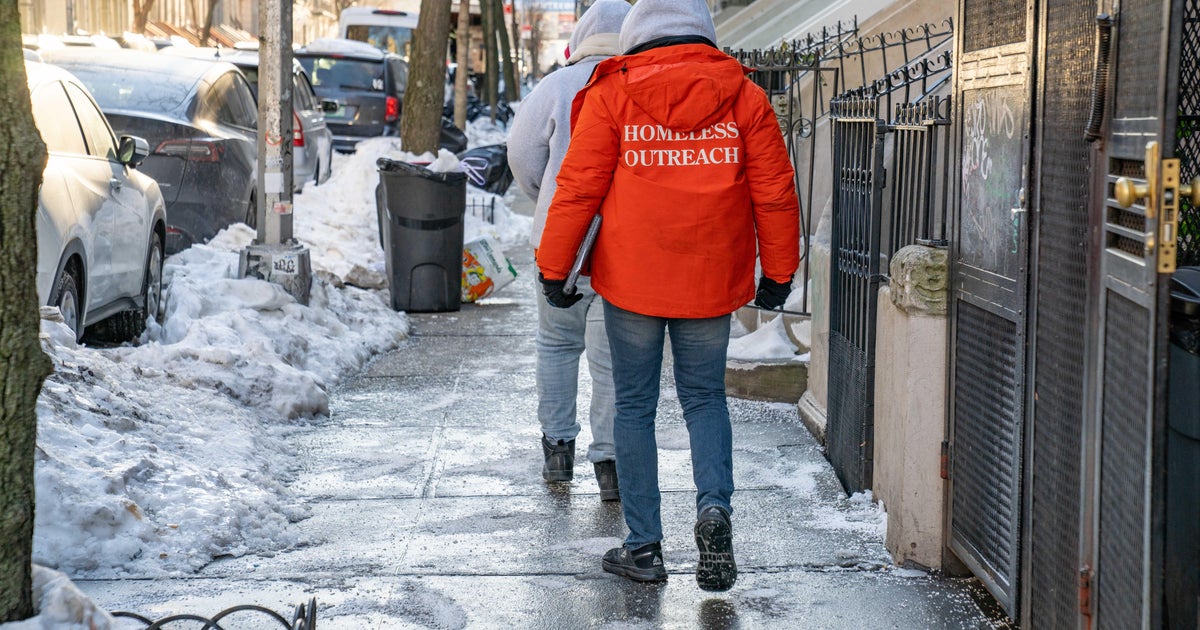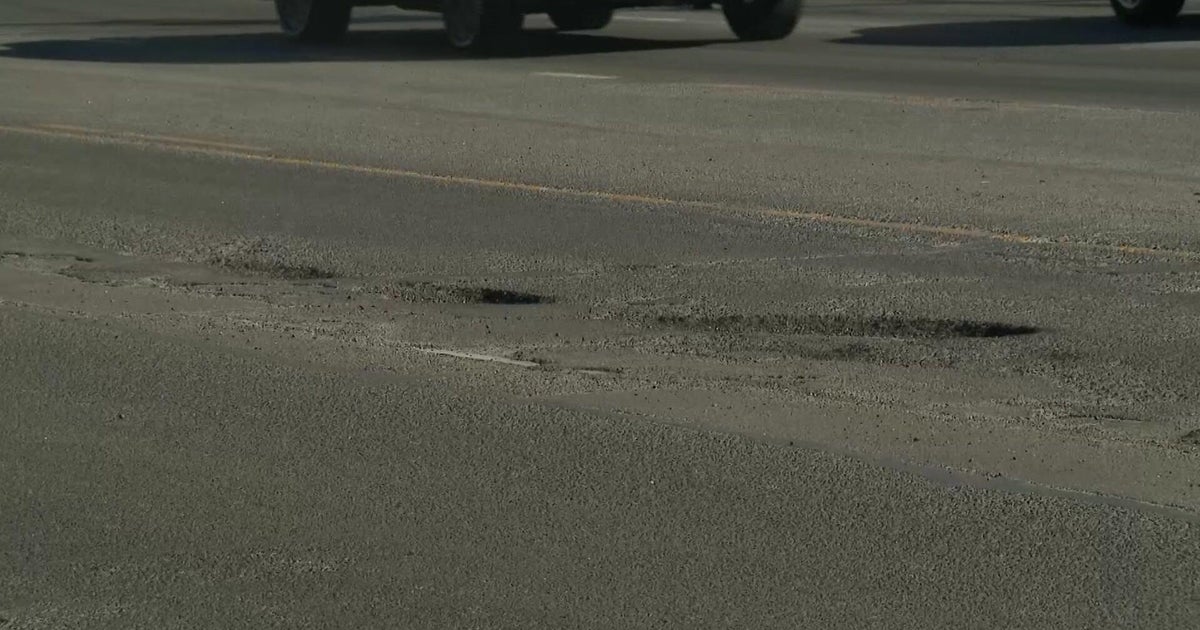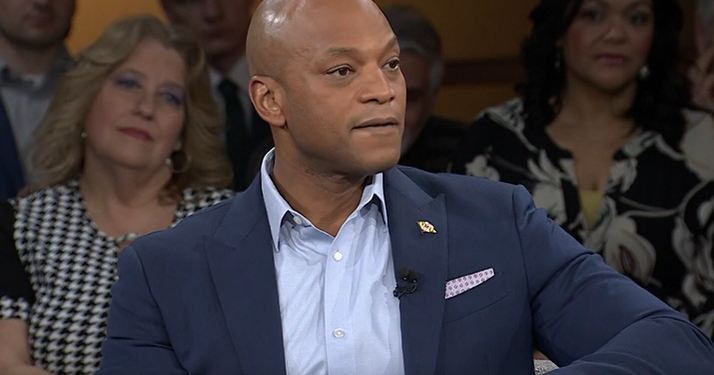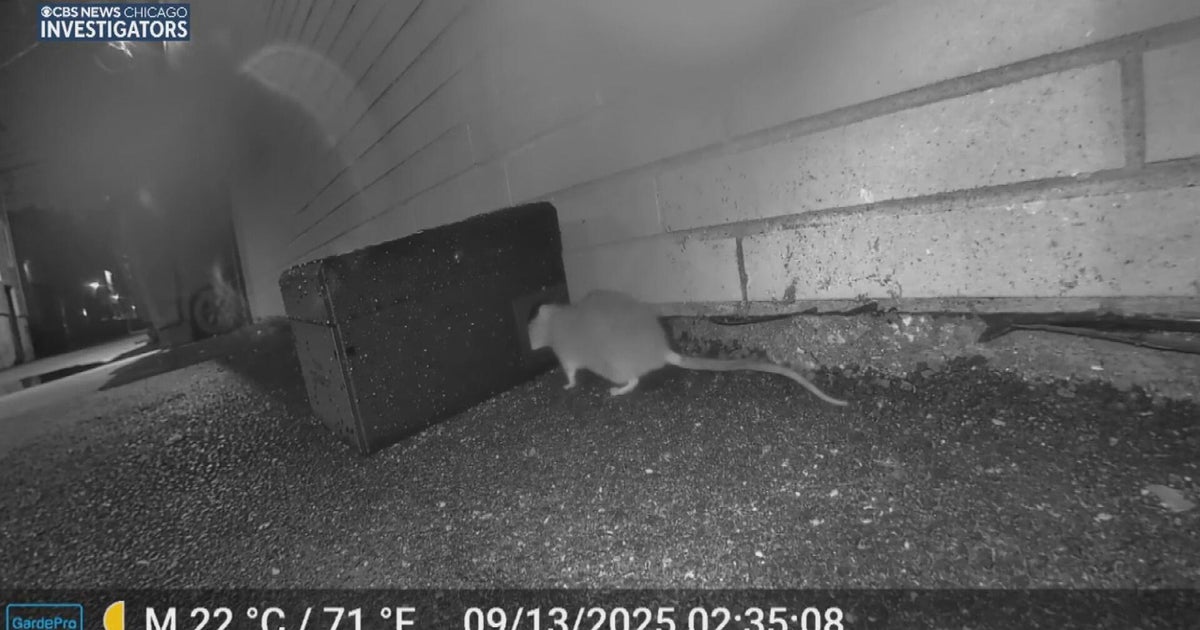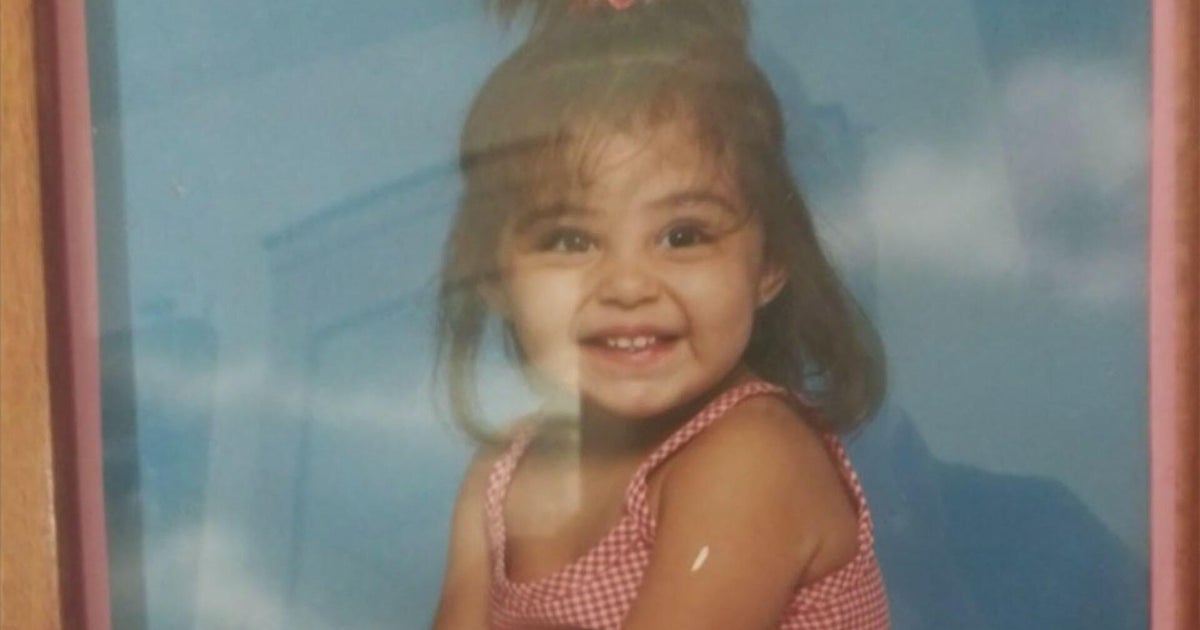Officials Seek To Quell Fears Over New Omicron COVID-19 Variant As Concerns And Questions Grow; 'There Is No Reason For Panicking'
CHICAGO (CBS) -- Amid growing questions and concerns about the new "Omicron" variant of COVID-19, President Joe Biden insisted Monday the U.S. can handle anything that comes our way, as local officials prepare for its eventual arrival here in the Chicago area.
"We'll fight this variant with scientific and knowledgeable actions and speed, not chaos and confusion," Biden said Monday.
The president, flanked by chief medical adviser Dr. Anthony Fauci and Vice President Kamala Harris, told the nation the variant is a "cause for concern, not a cause for panic." He said the U.S. has more tools to fight COVID-19 than ever before, and is in a much better position to fight the virus than it was in March 2020, or even December 2020.
The first step in the fight: restrictions on travel from 8 countries in southern Africa, where the variant was first detected. Those went into effect on Monday.
Meantime, the World Health Organization said preliminary evidence suggests the risk from the Omicron variant is "very high." Late Monday afternoon, the CDC strengthened its recommendations about booster shots, saying all eligible adults should get one.
CBS 2 Investigator Megan Hickey has been digging into preparations for the new variant in Chicago.
Chicago is uniquely situated as both an international travel hub and a hub for research into fighting the virus — and any new variants that might be headed our way.
"We've been studying these variants since the beginning, even before they were called variants," said Dr. Egon Ozer, assistant professor of medicine in infectious diseases at Northwestern University and a Northwestern Medicine physician.
For months, the CBS 2 Investigators have been bringing you stories from the forefront of COVID-19 research, and genomic sequencing developing right here in the Chicagoland area
"We expect that we can save the majority of the patients," Yulia Komarova, an associate professor in the Department of Pharmacology and Regenerative Medicine at the University of Illinois at Chicago, told CBS 2 in August.
Ozer said that's why we're in a good place to handle the Omicron variant.
"I think it's likely that it's already here, yes. I think it's likely that it's already somewhere in the United States," he said.
Ozer said Chicagoans should be particularly interested in the Omicron variant for two reasons.
"Anytime that you have a busy international or national airport, there's always concern that variants or new infections can spread more readily within those populations; and so that is of course a concern for Chicagoans," he said. "But we also have a lot of things in our favor, one is that we have a very robust genomic sequencing program."
Chicago is teeming with researchers on the forefront of mapping out the variants, and also working on treatments.
At last check, the Omicron variant has been detected in South Africa — where it was first reported on Nov. 24 — and at least 14 other countries.
If the looming fear of variants during the holiday season feels familiar, that's because it's been about a year since the Delta variant was first identified in India in December 2020.
Did Delta meet that hype, attention, and concern that we gave it?
"Yes and no. So I think there was a lot of concern, when Delta arrived on the scene, that there would be more immune resistance. There was concern that there was going to be higher transmission potential. Both of those ended up being true, but not necessarily to the degree that we thought it would be. We now know that the vaccines remain highly effective against the delta variant," Ozer said. "We can still protect against that transmission with masks and social distancing. We didn't really need to change our approach to prevention of transmission of that virus."
Ozer said he agrees with President Joe Biden that the U.S. restrictions on travel from southern African nations, which went into effect on Monday, might help to slow the spread while Americans get vaccinated or boostered.
So far, the South African Medical Association has reported mostly mild symptoms of the Omicron variant since it was officially reported last week.
"Currently there is no reason for panicking, as we don't see severely ill patients," said Angelique Coetzee, chair of the South African Medical Association.
Ozer said he expects that in the coming weeks they'll have more information about whether this variant is more transmissible than other strains, and whether or not it causes more severe disease.
"We've had several variants come and go over the past two years; some of which have had, you know, a fair amount of scientific and or media hype as being potentially more virulent, or the next bad thing, and a lot of those have sort of fizzled out or have been more regional," he said.
Ozer said until we know more, we need to double down on vaccinations, boosters, masking, and social distancing.
President Biden said he'll release a more detailed strategy for fighting the variant on Thursday. At this point, President Biden said that plan would not include another round of shutdowns or lockdowns.
